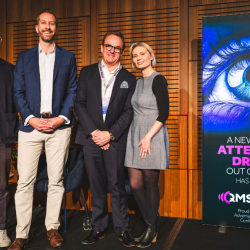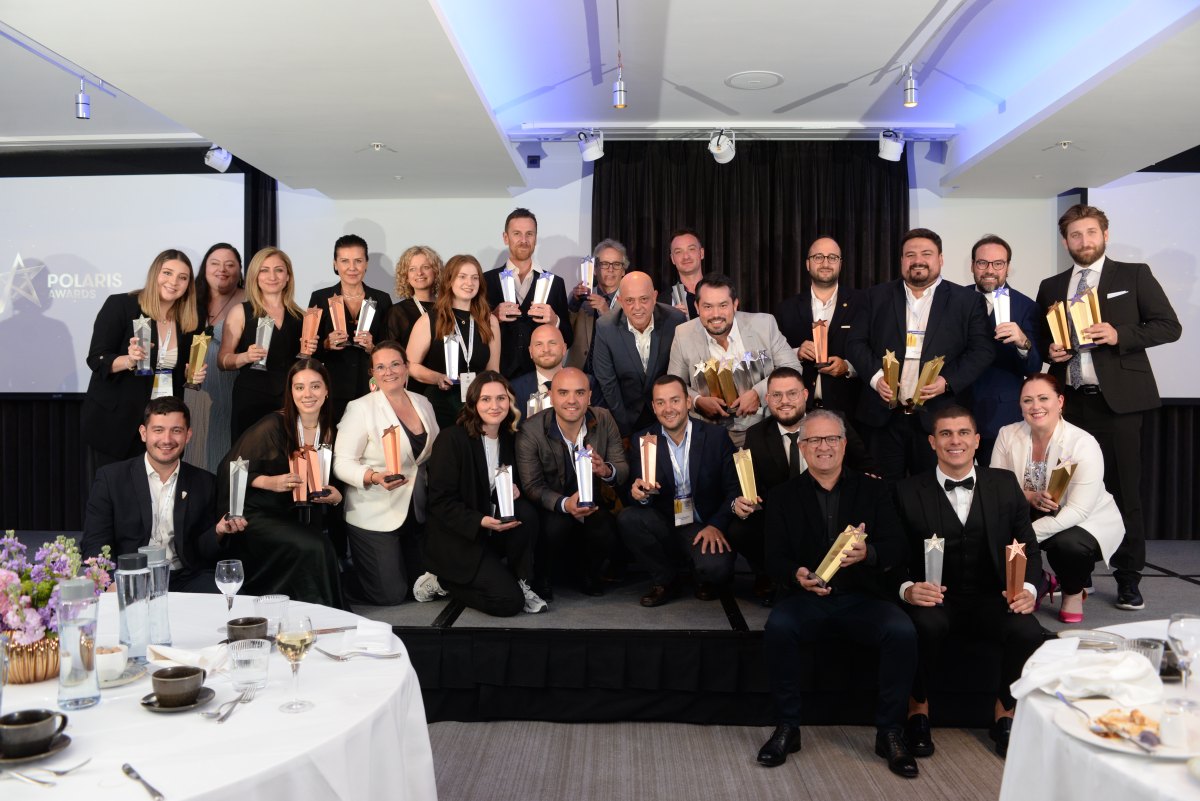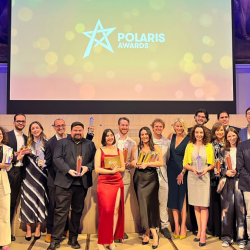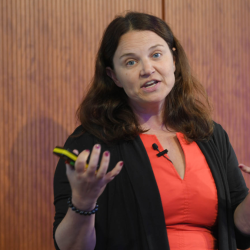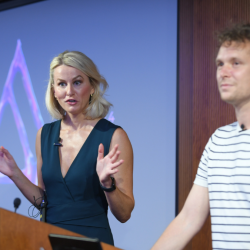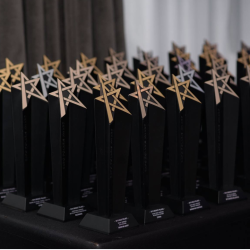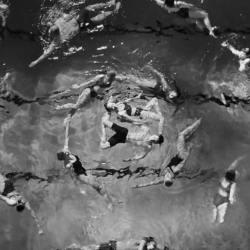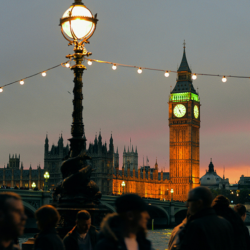Leading communications, campaign, strategy and technology experts from the political and public sector came together at Polaris Leadership Summit last week to discuss the recent trends and developments. The theme of the global summit, which was held physically for the first time since the pandemic, was Rebuilding Trust.
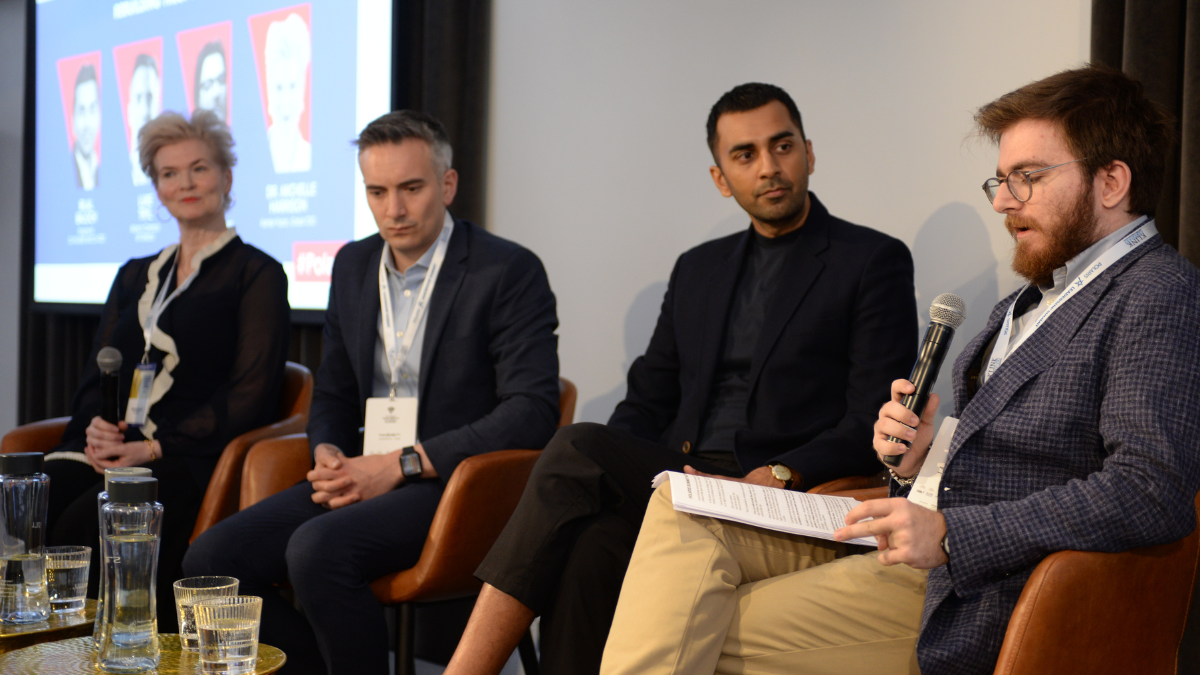
An international set of speakers discussed current issues that shape today’s political communication world. Among the topics were rebuilding trust in politics, impact and creativity in the fight against disinformation, replacing populist regimes with elections, the role of media in the Russia-Ukraine war, the new global order, citizen participation and campaign trends. The Summit also shined a spotlight on the recent parliamentary and presidential elections in Turkey and the upcoming US presidential election.
Istanbul Metropolitan Municipality Mayor Ekrem Imamoglu, Director General of the Royal United Services Institute Dr. Karin von Hippel, CEO of Kantar Public Global, Dr. Michelle Harrison, Enquire.AI Co-Founder Bilal Baloch, Trusted News Initiative Founder Jessica Cecil, More in Common UK Director Luke Tryl and Atlantic Council Digital Forensic Lab executives Nika Aleksejeva and Roman Osadchuk were among the speakers who shared their insights, analysis and research at the summit.
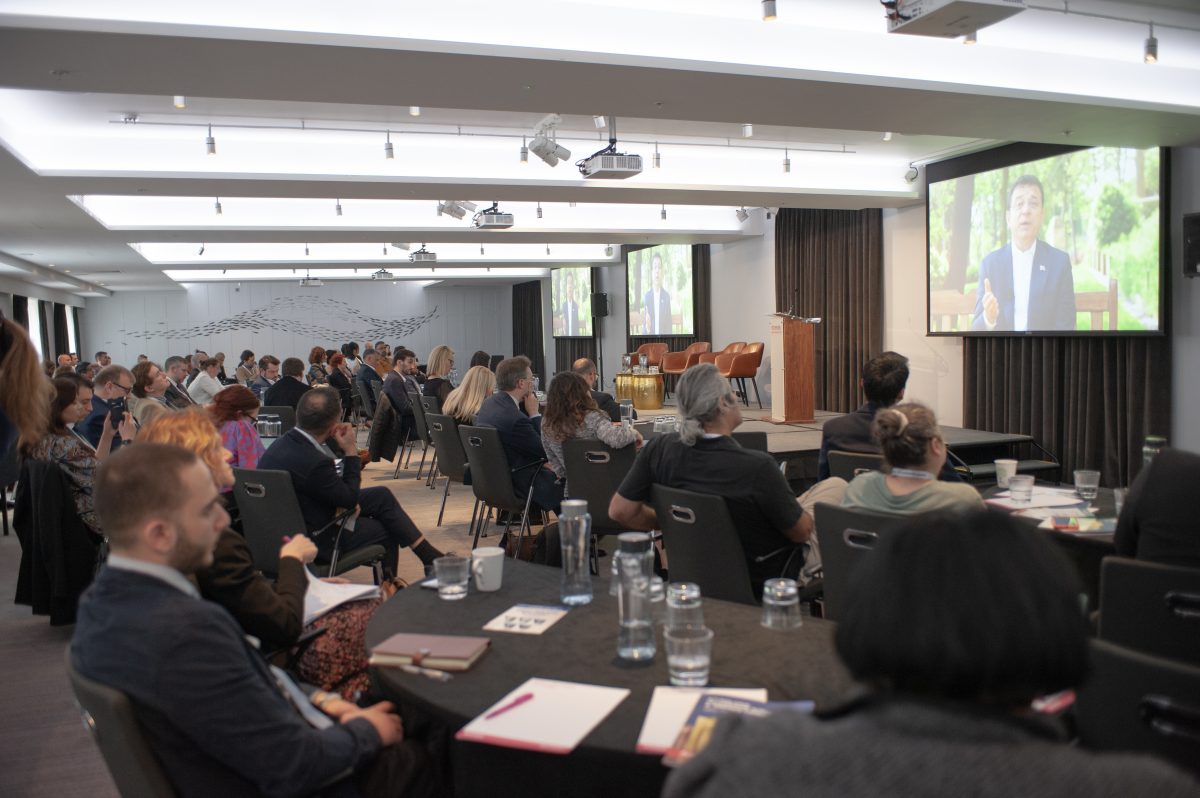
A global jury evaluated over 400 entries
The most anticipated moment of the Polaris Leadership Summit, held on June 1, was undoubtedly the global Polaris Awards ceremony, which rewards creative communication in the political and public sectors.
The fifth Polaris Awards were on the political communications scene this year with an updated list of categories. The most important innovation this year for Polaris Awards, which argues that effective creativity and change in political communication can be achieved not only with elections, elected people or experts who design the election process, but also with actors emerging from within the society, was the addition of civil society and public sector categories to its body.
At the Polaris Awards, which received more than 400 entries from all over the world, primarily from the USA, Canada, Mexico, Brazil, New Zealand, France, Turkey and the UK, the entries were evaluated by the international selection committee.
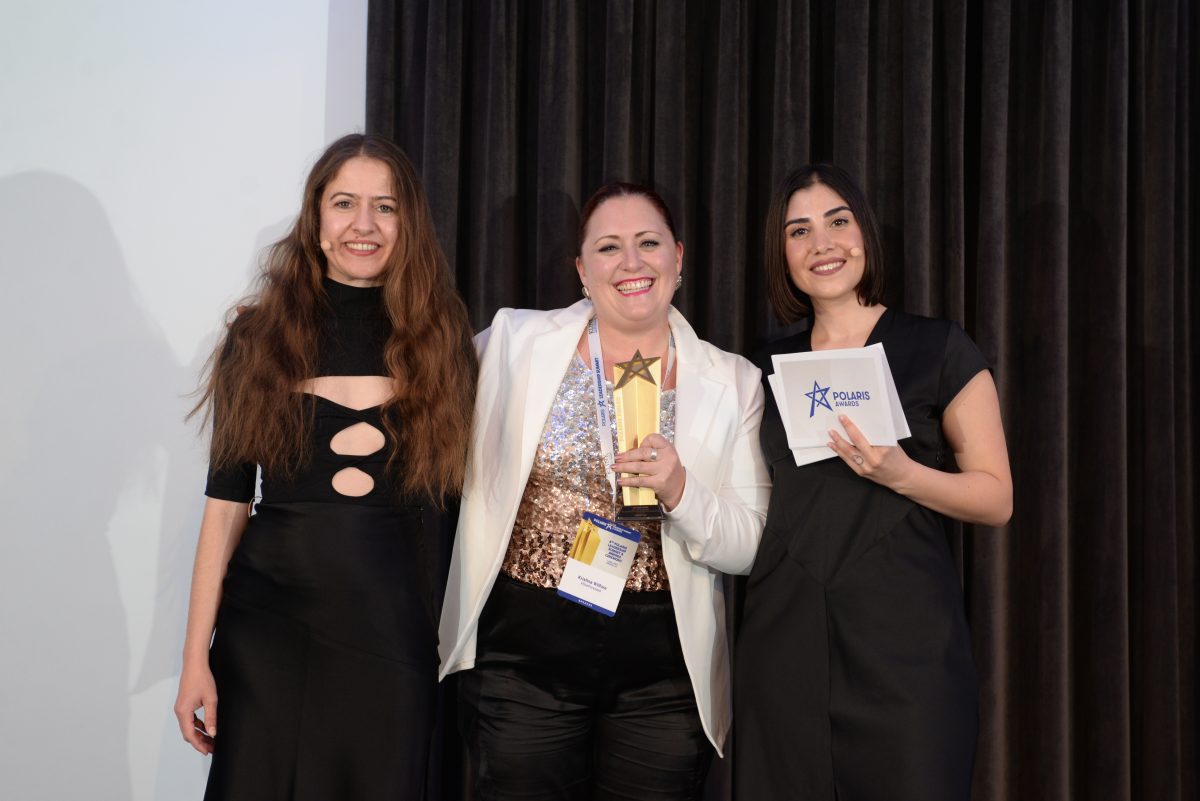
For more information on Polaris Leadership Summit please visit here.
You can have a look at Polaris Awards winners here.
Featured image: Polaris Awards 2023






